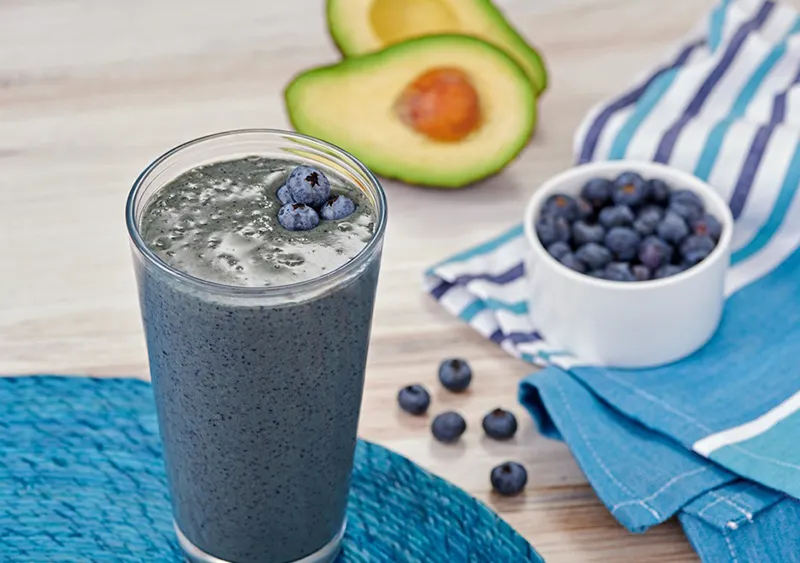Written by Andrew Akhaphong, MS, RD, LD, Mackenthun’s Registered Dietitian
Updated April 19, 2024
The plant-based non-dairy industry grew by 15% from 2019 to 2020, an additional 6% from 2020 to 2021, and 11% from 2021 to 2022.(1)
In a survey conducted in 2022 of 1217 consumers -(1)
- 71% consume and purchase only dairy products
- 24% consume and purchase both dairy and plant-based alternatives
- 5% consume and purchase only plant-based alternatives
- 29% of consumers report dairy products are healthier while 42% believe plant-based alternatives are
- 26% of consumers reports dairy has great nutritional value while 25% state plant-based alternatives are
- 47% of consumers report their preference for consuming and purchasing plant-based alternatives is its support in sustainability.
Plant-based non-dairy beverages offer enhanced choices for individuals unable to consume traditional dairy products due to milk allergies. Previously, soy milk served as a common alternative. However, the escalating prevalence of soy allergies has posed challenges to dairy and dairy-alternative consumption. Presently, an array of plant-based non-dairy alternatives such as cashew, oat, coconut, flax, pea, and almond have emerged, providing greater variety and options for consumers.
Plant-based non-dairy beverages are not always created equal and may not be comparable in nutritional value to dairy products. When purchasing plant-based non-dairy alternatives it is important to consider if the purchase is for the nutritional value, or not.
A 1-cup serving of SILK® original almondmilk provides -(2)
- 60 calories
- 1 gram of protein
- 10% Vitamin D
- 35% calcium
- 2% iron
- 15% Vitamin A
- 25% Vitamin E
- 2% magnesium
A 1-cup serving of SILK® original protein almondmilk provides -(3)
- 80 calories
- 8 grams of protein
- 10% Vitamin D
- 35% calcium
- 8% iron
- 15% Vitamin A
- 25% riboflavin
- 100% Vitamin B12
For persons who prefer to drink plant-based non-dairy beverages, have growing children, or are interested or currently are pregnant,, SILK® Protein is the best choice for calories, protein needs, and additional nutrients.
Benefits of SILK® Protein
Enhanced with soy protein isolate, this protein provides all the 9 essential amino acids (building blocks of protein) that are absent outside of soy products and animal protein sources. These amino acids are critical for pathways including the metabolism of fats and carbohydrates, rebuilding tissue and bones, regulating hormones such as serotonin (good mood hormone), and reducing risk of anemia.(4) Additionally soy protein isolate is more absorbable and more tolerable in the gut due to the absence of fat and carbohydrates surrounding the protein molecule.
Some plant-based non-dairy alternatives may not be fortified with essential nutrients critical for growth and development; however, SILK® is! The addition of soy increases the natural sources of iron in SILK® Protein even further. Children at risk for iron-deficiency anemia may develop behavioral difficulties or exhibit delayed brain development.(5)
Vitamin B12 is often found in animal-protein products and whole grains, but is usually non-existent in plant-based non-dairy beverages. Studies show soy proteins help increase absorption of Vitamin B12. Vitamin B12 has been shown to improve brain function by supporting healthy communication between nerve cells and the brain.(6)
References:
- Adams C, Grimmelt A,Lieberman M, Moore E. Five insights from McKinsey’s 2022 US Dairy Consumer Survey reveal how dairy consumption is changing. McKinsey and Company. n .d. Accessed April 24, 2024. https://www.mckinsey.com/industries/agriculture/our-insights/similar-yet-different-meet-todays-consumer-of-dairy-and-alternatives
- SILK. Original almondmilk: nutritional facts.n.d. Accessed April 24, 2024. https://silk.com/plant-based-products/almondmilk/original-almondmilk/
- SILK. Original protein almondmilk: nutrition facts. n. d. Accessed April 24, 2024. https://silk.com/plant-based-products/plant-based-protein-beverages/original-protein-almondmilk/
- Cleveland Clinic. Amino acids. Updated December 22, 2021. Accessed April 24, 2024. https://my.clevelandclinic.org/health/articles/22243-amino-acids
- Beard J. Iron deficiency alters brain development and functioning. Nutrition. 2003; 133(5):1468S-1472S. doi.org/10.1093/jn/133.5.1468S
- Venkatramanan S, Armata IE, Strupp BJ, Finkelstein JL. Vitamin B12 and cognition in children. Adv Nutr. 2016; 7(5):879-888. doi: 10.3945/an.115.012021
Post-Workout Power Smoothie
By SILK®
What You Need:
- 1 cup SILK® Protein Original
- 1/2 cup frozen blueberries
- 1/2 frozen banana, peeled
- 1/4 small avocado
- 1 cup mixed greens
- 1/8 teaspoon turmeric (optional)
What You Do:
1. Blend all ingredients together until smooth and creamy.
2. If needed, add small amounts of SILK® to reach desired consistency






